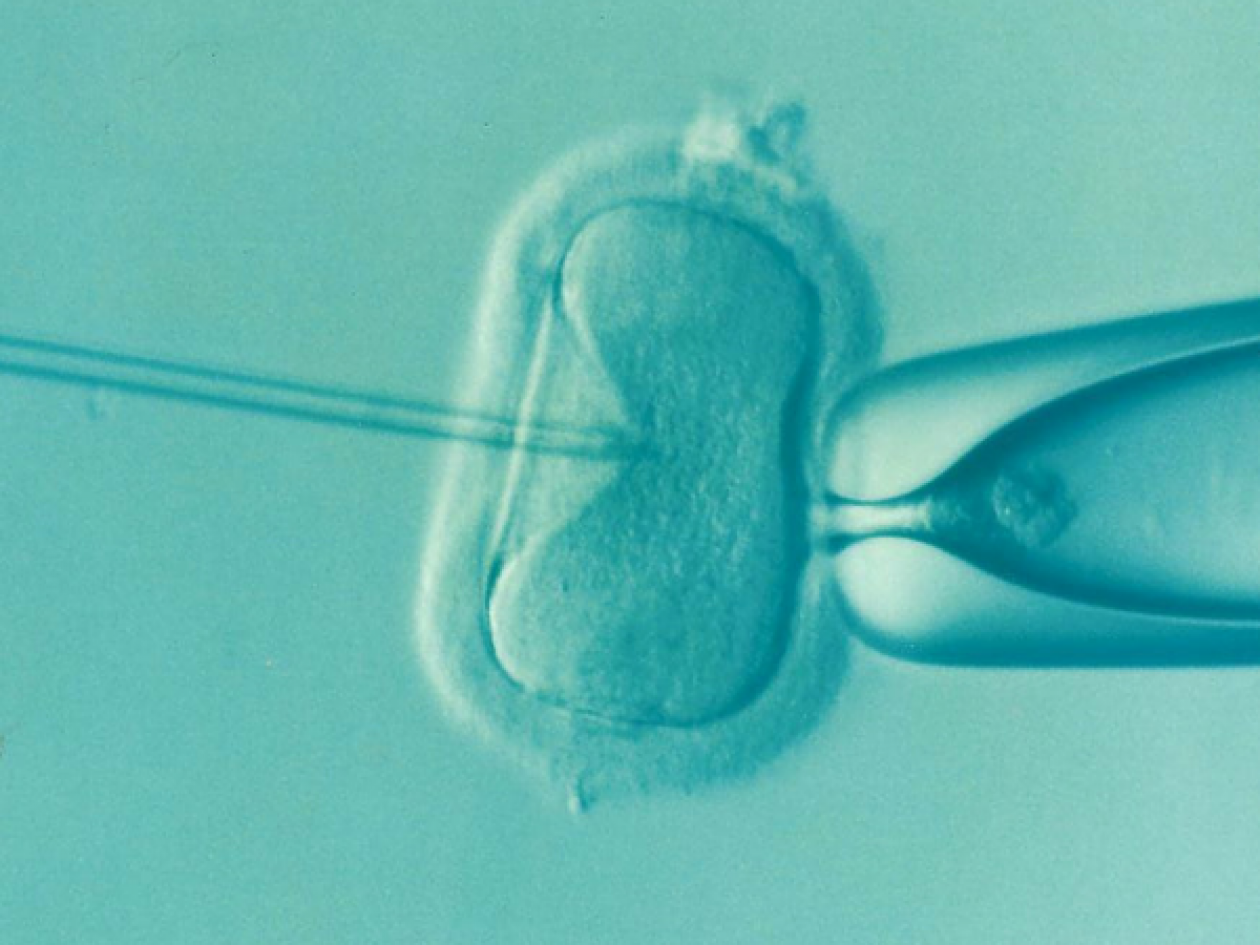Previous research has shown that having a child is associated with short-term improvements in women’s self-reported wellbeing, but it hasn’t asked whether this varies depending on the way in which couples conceived. We used Understanding Society data to examine changes in women’s mental health before, during, and after natural conceptions and those which used medically assisted reproduction (MAR) techniques, such as ovulation induction, artificial insemination, and in-vitro fertilisation (IVF).
The data
We used data from Waves 1-9 of Understanding Society, selecting childless women aged 18-50 who became pregnant during the period covered (2009-2019), giving us a sample size of just less than 2,300.
The Study asks participants about pregnancy, including how they conceived and whether it resulted in a live birth, as well as questions from the SF-12 questionnaire, which is widely used to assess mental health. The mental health answers are converted into a mental functioning score, from 0 to 100, which is ideal for us, because it focuses on objective aspects of wellbeing, whereas self-reported happiness or life satisfaction might be biased by social pressure to be happy when having a child.
We were able to observe couples for a maximum of 108 months before and after pregnancy, and to take into account the participant’s age, economic resources, marital status, and employment.
Findings
We found that the mental health of women who conceived naturally improved around the time of conception, and then gradually returned to the levels observed two years before – whereas the mental health of women who conceived through MAR declined in the year before pregnancy, and then gradually recovered. We looked to see if this was due to a high proportion of miscarriages in the MAR group, but the deviation was the same even when we accounted for this.
The baseline score of mental health was higher for women who conceived through MAR than for those who conceived naturally, which may reflect that the MAR group was, on average, older, richer, and less likely to divorce or remain un-partnered. These women also tended to be more highly educated and professionally employed.
Among men with a partner who conceived naturally, there was a small decline in mental health starting one year after pregnancy, but it wasn’t significantly different from the baseline level. The partners of women who conceived through MAR experienced a decrease in mental health one year before pregnancy.
Subjective wellbeing
When we looked at subjective wellbeing, women’s happiness increased significantly before and during natural pregnancy, while happiness fell two years and one year before an MAR conception, perhaps due to the negative experience of infertility and repeated attempts to conceive using MAR.
Men’s happiness was more stable before and after a natural conception, with small increases a year before and during pregnancy – and small decreases for the partners of women undergoing MAR. In the year of MAR conception, there was a rapid increase in happiness, and a return to the baseline in the following years.
Income, leisure time, employment and marital status
We analysed changes in personal income, satisfaction with leisure time, and employment and marital status to try to explain changes in mental health before and after pregnancy. We found that among women, increased satisfaction in leisure time was associated with better mental health in the year before pregnancy. This is traditionally put down to increased sexual activity, or simply to the decision to become parents, but our findings didn’t support this.
For women who conceived through MAR, our findings didn’t support the idea that fertility treatment affects mental health because of reduced economic resources, changes in employment or marital status. Decreases in these women’s mental could be down to other factors, such as the social stigma of infertility and MAR, or the stress of having to fit MAR treatments around work.
Strengths, limitations and implications
We need to see more research in this area, because our sample size was relatively small, but this is one of the first studies to use longitudinal mental health data to look at the impact of how couples conceived. Understanding Society’s data helped us to address a gap in our knowledge about medically assisted reproduction – and as this is an area of medicine which has grown substantially in recent decades, and is expected to increase further, it’s important to understand its impact on wellbeing.
For example, the increasing availability of MAR could create a false perception that it is possible to conceive at any age – and this could exacerbate the differences between the ‘natural’ and MAR groups, because the mental health implications are presumably more detrimental for older women and men, given that their chances of conceiving through MAR are considerably lower.
Our findings show that couples who undergo MAR are able to return to their previous levels of mental health, which could mean that the stress associated with fertility treatments does not have severe or long-term implications for their mental health – or for the longer term wellbeing of children conceived through MAR.
On the other hand, these results could also help explain the increased risk of poor birth outcomes among MAR-conceived children, because we know from existing research that maternal stress and birth outcomes are linked.
Authors

Alice Goisis
Alice is Associate Professor of Demography in the Centre for Longitudinal Studies in the UCL Department of Social Science

Marco Tosi
Marco is Assistant Professor in Social Statistics in the Department of Statistical Science at the University of Padua




